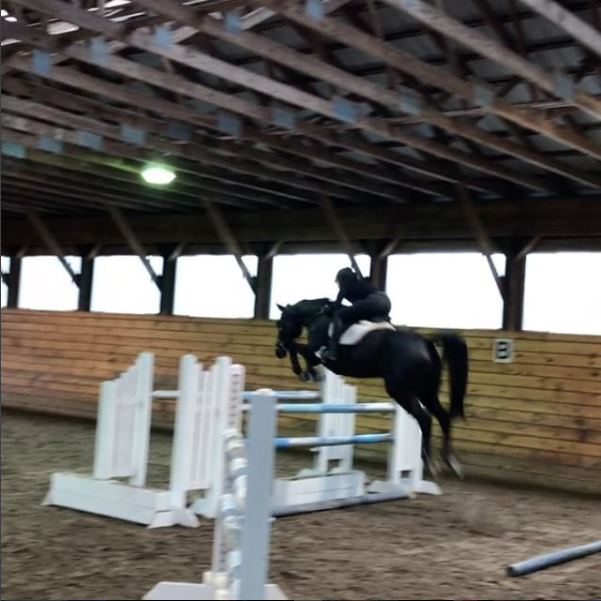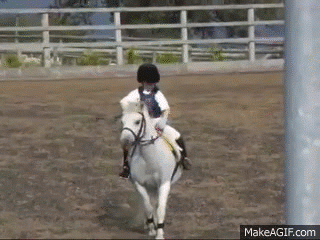
Can the eventing professional do it all?
Recently on the center of the equestrian universe (Facebook) a fellow competitor posted that she was seeking a new instructor and needed recommendations. A flurry of comments followed where nearly everyone suggested a different trainer and/or a different farm.
I scrolled through the comments and thought: 1. There is an abundance of trainers even in our less dense eventing community of Area I. 2. How would someone even begin to sort through all these suggestions? 3. I’m happy I don’t need to do this.
I realized in reading each pitch how many trainers, especially in the sport of eventing, try to be all things to all people. There becomes an impossible standard for which trainers are held in order to be legitimized.
How can one human successfully coach riders at competitions, fix problem horses, break-in babies, breed babies, retrain OTTBs, source horses nationally and internationally, ride at events, ride at the upper levels, hire and manage staff, showcase products for sponsors, show in rated dressage and rated show jumping (for extra practice!), bill clients, pay bills, schedule lessons, maintain a facility, set new jump courses, haul horses, sell horses, etc. I’m not saying every eventing professional does it all, but I know many who try to do most.
Amateurs begin to expect a certain base-line competency for their trainers, and every year it gets higher. Benchmarks like highest level completed and number of certifications obtained are great tools to find a trainer. But, I don’t think they tell the entire story.
There are professionals that are great with working with beginner or timid riders at the Beginner Novice Level, but have never competed above Training Level. There are professionals that can patiently retrain an OTTB but are absolutely mystified with schooling a modern warmblood type. There are professionals that could ride a 5-year-old around a Preliminary cross-country course, but are flabbergasted by how to explain proper leg yield to a student.
From my experience, results and level competed rarely explain the knowledge base and competency level of a professional. On a daily basis, I hear “X competed at Advanced, CIC2*, or a CCI4* so they are more qualified to coach me than Y.”
There are better questions to ask when looking for quality instruction and mentorship: How long have they been training horses? Who do they receive instruction from? What types of horses (and riders) do they work with? Are they competing every weekend, or are they teaching lessons at home? Are their horses happy? Are their clients happy?
There is a huge difference between a competitor, a trainer and a coach. To expect someone to check all those boxes at one point, much less with the time and financial constraints most equestrian professionals face, is insanity. Professionals are only human.
This doesn’t only happen on the demand-side. The margins are low and professionals must constantly hustle to maintain just the status quo. When you finally have a client, how can you let them walk out the door? Many instructors will bend over backwards to keep their clients and that can mean providing services where they are not comfortable nor qualified.
If we can build an industry where professionals and amateurs are both honest about their goals, abilities, and true strengths everyone will benefit. An environment where professionals are willing to share clients will grow a sport of independent, proficient and happy riders at all levels. Plus, professionals will be more free to carve out a business in their niche of expertise.
What do you think, EN? Discuss!


































